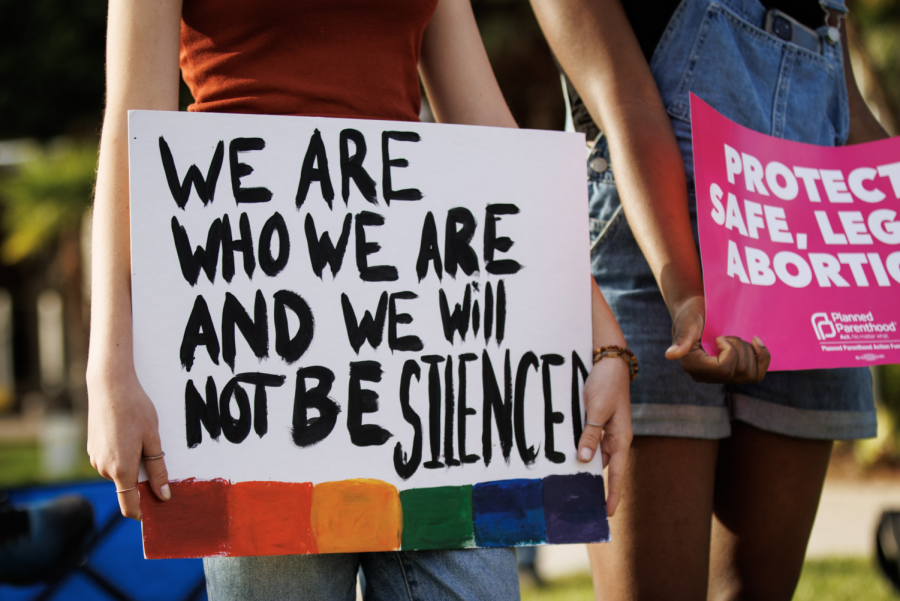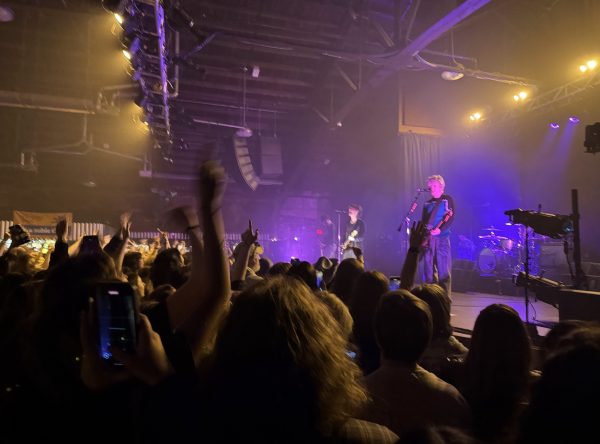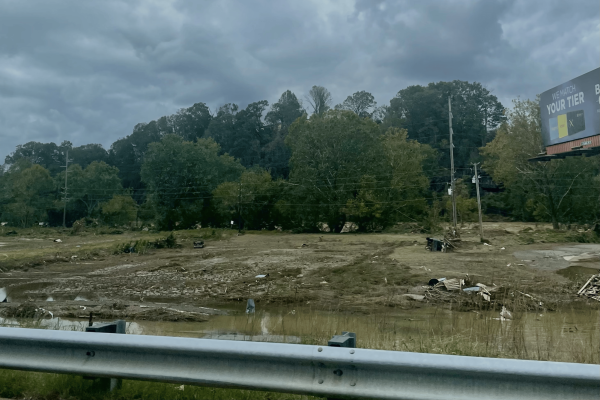The “Don’t Say Gay” bill: How homophobic legislations harm a younger generation
The community bands together to protest the “Don’t say gay” bill.
On Monday, March 28, Florida Gov. Ron DeSantis signed a bill prohibiting discussions of sexual orientation and gender identity in the classroom. This bill, given the deceiving name of the “Parental Rights in Education” bill, states that classroom personnel are banned from any instruction of gender or sexuality in kindergarten through third grade or “in a manner that is not age-appropriate or developmentally appropriate for students in accordance with state standards.”
No further explanation is made of the blatantly vague parameters of the bill, nor is the community opinion taken into consideration as Florida pedals backwards. Supporters of the bill attempt to shift the malicious intent of the law to claim it is meant to allow parents to determine when and how children are exposed to LGBTQ+ topics.
Those who oppose the bill, coining it the “Don’t Say Gay” bill, argue that this is another way conservative politicians are attempting to silence minority voices. In a response by the Walt Disney Company, the company publicly spoke out against the bill and stated they had hopes for the law to be repealed by the legislature or struck down in the courts. LGBTQ+ advocates then responded to this with backlash to how late Disney’s response was to the situation.
As someone who went to high school at a progressive institution and witnessed close friends of mine struggle with their own identities and receive pushback from their loved ones who couldn’t accept them, this bill thoroughly disgusts me. The clear homophobia that is excused under the reasoning of “sparing the children” when the lawmakers who endorse this clearly just needed a reason to push their own black-and-white views on the world fuels an awful fear in me. The vague language in this bill could cause many queer youths to end up in dangerous situations,such as self destructive behaviors caused by a refusal to accept themselves or being forced to face abuse from an unaccepting family.
The way children see the world is shaped by the environment around them, and if they are cut off from the chance to learn about their own identities before they even know what the world means, the chance of this bill doing more harm than good skyrockets. LGBTQ+ teens have just entered an era where discovering themselves doesn’t immediately result in isolation, and this bill sets back decades of progress.
According to youth risk behavior surveillance created by the Centers for Disease Control and Prevention in 2019, LGBTQ+ students are more likely to be the victims of hate crimes, violence and suicide. Data shows 43% of transgender youths fall victim to bullying, with 29% of transgender youth, 21% of gay and lesbian youth and 22% of bisexual youths making attempts on their lives.
There are reasons to be fearful and apathetic, but those are also the reasons to keep fighting. The fight doesn’t end with the bill being signed. Say gay. Protect and fight for the queer children that can’t speak for themselves. This is the time to be loud.




















